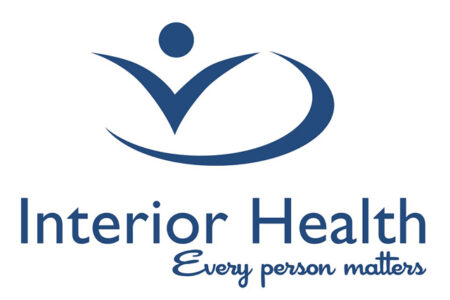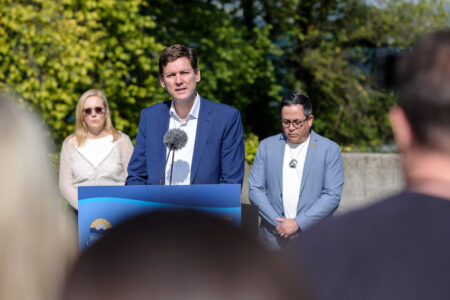No clear answer as Nelson/Creston candidates tackle healthcare
Week one is complete in the sprint to form the next provincial government in B.C.
The Nelson Daily will give constituents in Nelson/Creston riding a chance to see what the three candidates — incumbent Michelle Mungall of the BC NDP, Liberal Greg Garbula and Sjeng Derkx of the Green Party of BC — are offering when voters go to the polls Tuesday, May 14 with a Question of the Week.
Candidate answers will be on The Nelson Daily site every Monday leading up to Election Day.
Today the question put to the candidates involves health care at Kootenay Lake Hospital.
Question:
Given that local and past Kootenay Lake Hospital doctors have called to reinstate a surgeon, run the CT scanner 24/7 and return Intensive Care beds to Nelson, are you willing to work with your party and constituents to bring this about? Why or Why Not?
Michelle Mungall, BC NDP
Access to healthcare services is critical to the social and economic well being of our region. Improved access ensures better health outcomes.
Over the past four years, I have successfully advocated for 24/7 emergency care in Kaslo, Home Health services on the East Shore, and increased primary care throughout BC.
I have also stood up for paramedics and submitted petitions for our health services in the Legislature.
When Adrian Dix ran for leader of the BCNDP, I invited him to the region to see the state of our healthcare services and to learn more from community groups and frontline experts like Dr. Richard Fleet.
From here he developed his Rural Acute Care Initiative for BC. If re-elected, I will continue to work for this region so that living rural does not mean we lose access to the basics.
Greg Gabula, BC Liberals
This question seems somewhat philosophical in nature as to whether I am willing to work with the party and the constituents for something deemed to be for the embitterment of the people and the area, of course that should be obvious in the mandate of the position of MLA.
The Kootenay Lake Hospital is an asset that the community needs and continuously needs improvement of, other candidates have made many promises over the years from additional beds to a new hospital altogether. These are promises that are easy to make and by far more difficult to keep, without the understanding of the IHA and its constraints and mandates.
In order to reinstate a surgeon here you would need to create an entire team for surgery and work out a way to incorporate it into the rotation of surgeons existing schedule from the centralized services group.
It is centralized is for a number of reasons of which the obvious one is cost, however we must remember that consistency and quality of practice is a big issue in a surgeon’s schedule. Currently with four surgeons the rotation is one every four days, as well they need a full team of backup.
Adding additional surgeons and locations into the mix is not easy and recruiting is challenging, so it is not just as simple as saying that we should. Adding CT Scanner technicians is also costly however the greatest challenge is the shortage of trained technicians.
So as you can imagine it is easy to make bold statements, however working together with IHA to create improvements is the opportunity at hand.
Sjeng Derkx, Green Party of BC
We could work within a two-site hospital model for the West Kootenays, or a build a single new centrally located hospital.
The majority of patients should have access to emergency treatment within the “golden hour”. Surgery and intensive care should either be available in both Nelson and Trail, or in a new centrally located hospital.
The Nelson CT scanner should be available 24/7 on an emergency basis.
We need more local decision-making about health care services and more support for, and input from front line health care workers and patients.
The Health Authorities are expensive, inefficient and do not have local accountability or knowledge. They should be phased out. We need to reinstate local hospital boards, with professional policy and research support from the Ministry of Health.
We need to establish primary health care centers with family doctors as members of multidisciplinary teams. We need to use communication technology like Skype to avoid unnecessary travel for rural patients.
Nursing and home care staff should be given more opportunities to qualify for full time status. This will improve continuity of care, allows better relationships with patients and stimulates specialized competence.
Our current health care system is a sick care system. We need to put more focus on disease prevention, through public education about healthy lifestyles, and affordable fitness and physical recreation programs.

























